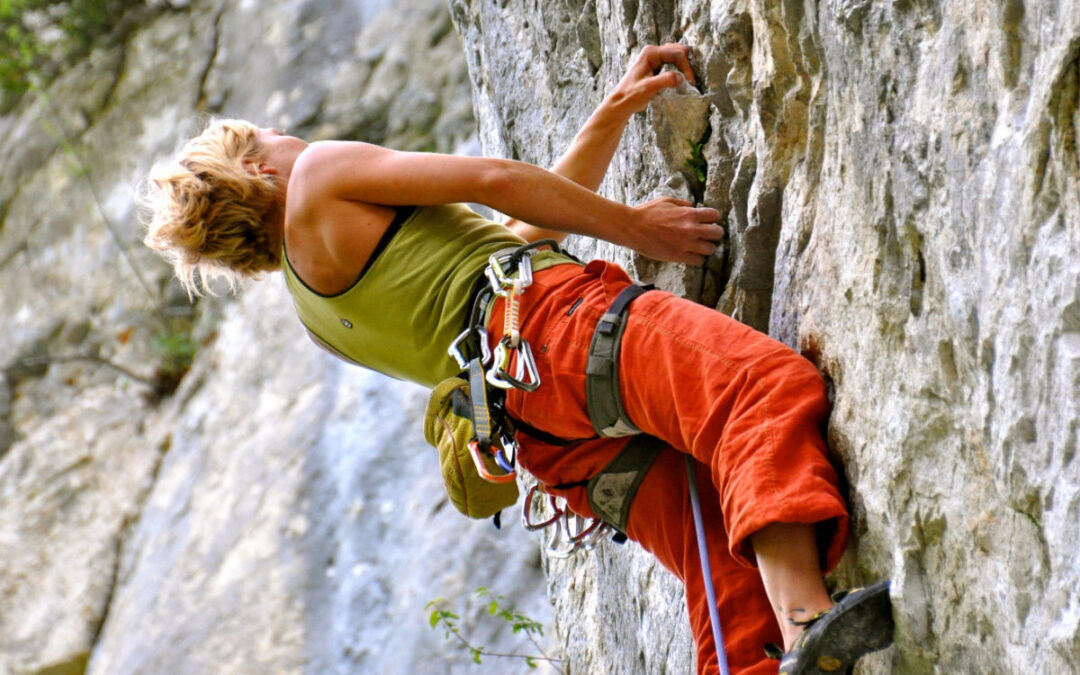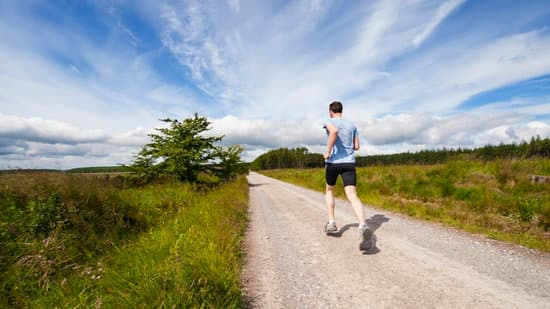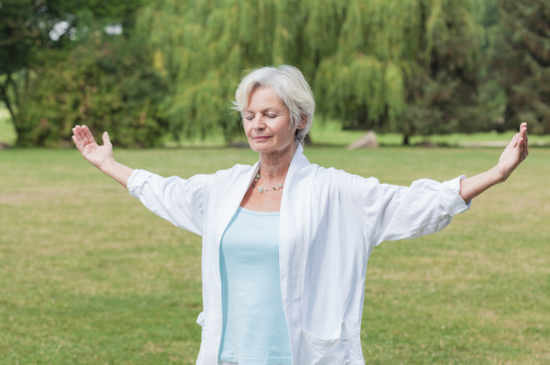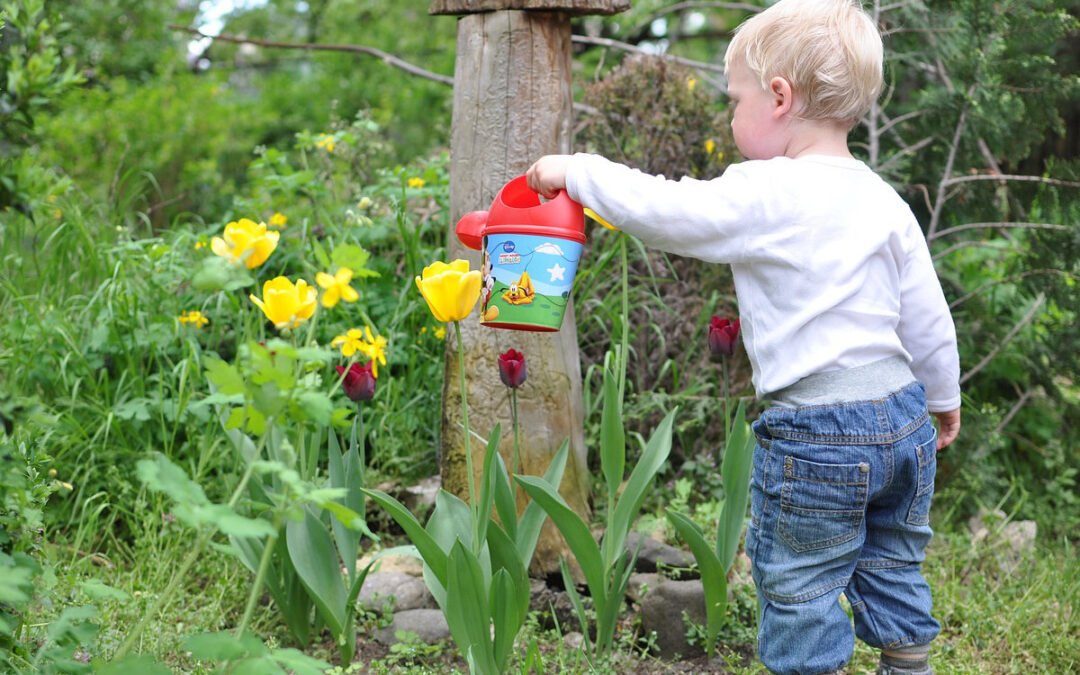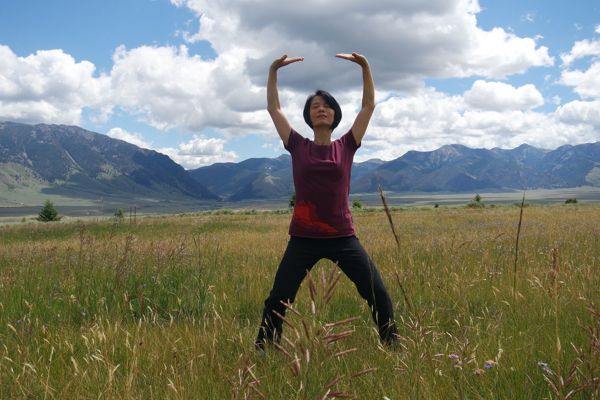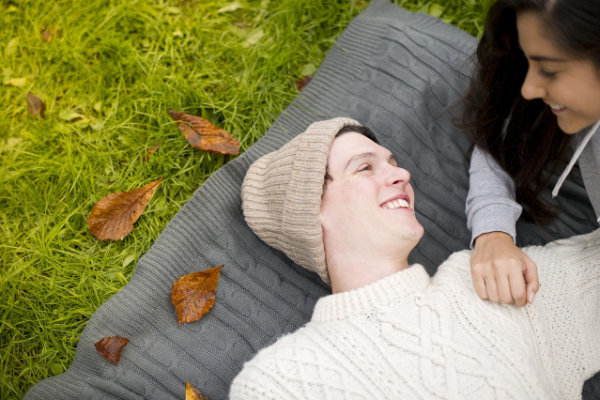
Food wisdom
Universal principles for healthy eating
If we look at how different peoples eat around the world, we find a dietary wisdom that transcends sociocultural differences.
Factors related to the land, climate, and culture of each people influence how they eat and prepare their food. First, individuals naturally tend to prefer what their mothers fed them during their early childhood.
The environment also plays a role. People living by the sea will consume more seafood. Those who make their living from animal agriculture will naturally consume more meat.
However, all peoples of the world have always consumed grains, roots, legumes, vegetables, and fruits.

Universal ancestral practices
Throughout the world, we also find consistent methods in the preparation of certain foods to preserve them: salting, drying, smoking. Similarly, milk is frequently consumed curdled or soured. This is primarily intended to reduce bacterial contamination and improve its nutritional quality.
The same is true for the lactofermentation of vegetables. This also allows them to be preserved while increasing their nutritional value. This process is now making a comeback.
Green leaves are widely consumed around the world, whether amaranth, pumpkin, sweet potato, and cassava leaves, or wild salads such as dandelion, lettuce, etc. These leaves are rich in beta-carotene, vitamin C (ascorbic acid), iron, and calcium. People have always naturally consumed foods that are beneficial to their health, just as animals do.
Similarly, sprouting legume seeds is an ancestral practice. It helps increase their bioavailability and therefore the body’s absorption of nutrients such as iron, zinc, magnesium, and certain amino acids. This practice is also becoming very popular again among those looking for a healthy diet.
Tradition to the test by the agri-food industry
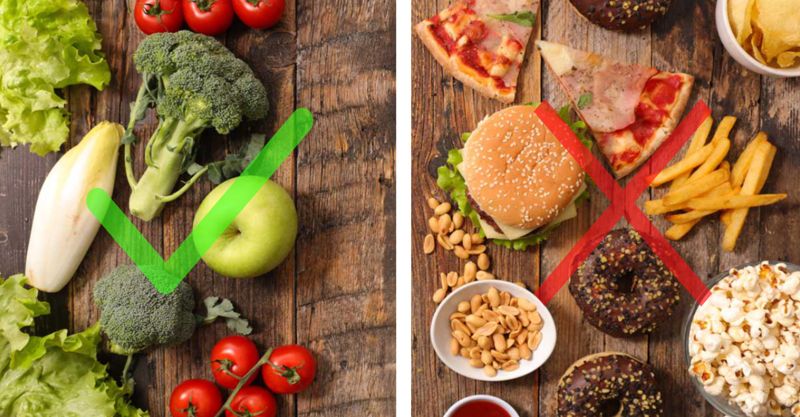
The traditional diets of most societies in so-called “poor” countries are good diets. They contain many protein-rich foods: insects, snakes, monkeys, dogs, cats, seafood, snails, etc. They also include wild fruits, rich in vitamin C. All of these foods are very beneficial.
With the arrival of urbanization and the development of the agri-food industry, dietary wisdom has been undermined. Basic products have become increasingly refined (sugar, flour, etc.), packaged with heavy amounts of salt, sugar, glutamate, and more or less toxic additives.
Furthermore, television and the media relentlessly promote these products, to the definite benefit of the agri-food industry, and in defiance of dietary wisdom. This has led to significant changes in eating habits, including in poor countries. As a result, we are witnessing a significant deterioration in health.
Reconnecting with natural foods
Furthermore, due to social pressure, some countries have begun consuming too much meat, seafood, eggs, and other animal-based foods. These excesses have led to an increase in cholesterol and even cancer.
It is crucial today to return to dietary wisdom. To counter the propaganda and aggressive marketing of junk food vendors, it is important for influential figures to speak out publicly to restore balance. The internet can also play a valuable role in re-educating.
Returning to dietary wisdom means understanding that commercial interests never go hand in hand with altruism and the health of people. It means reconnecting as much as possible with fresh and natural products, preferably grown without chemicals. This also means taking the time to prepare and cook them yourself. Similarly, when it comes to babies, it is essential to favor breast milk and local, natural products.
The principles of Chinese dietetics
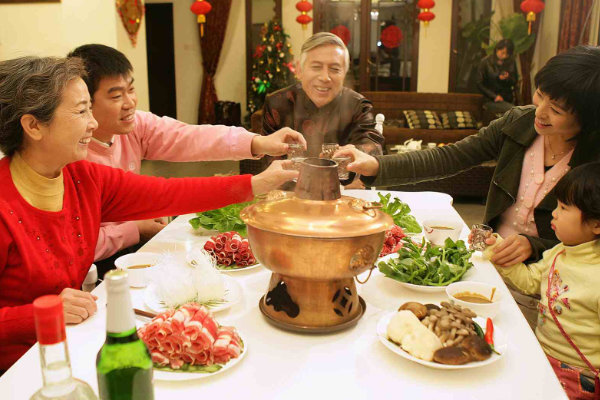
The universal wisdoms teach us to:
- Eat fresh food
- Have meals at regular times and in peace
- Eat little
- Take time to eat and chew
- Eat fresh vegetables and fruits in large quantities
- Consume animal products in moderation
- Abstain from refined sugar and alcohol
- Ban fried foods
